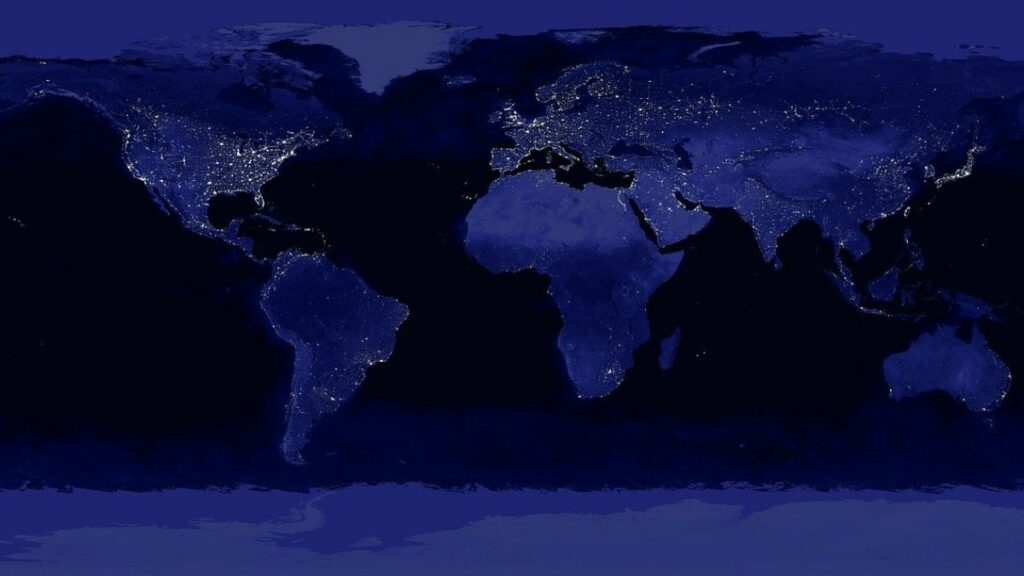Last updated on February 24th, 2022 at 10:17 am
The Family Research Council (FRC), a U.S. non-profit organization that promotes the fundamental value of human life, family, and religious freedom, recently released a report comparing U.S. abortion legislation to that in the rest of the world.
The title is U.S. Abortion Law in Comparison with the Globe, and the study offers many interesting considerations, starting with a basic assumption that must be kept in mind: “[…] since the progress of prenatal science continually verifies that the unborn child in the maternal womb is a human being, the affirmation that abortion is a human right turns out to be less and less adherent to reason”.
The data presented by the report prompts important reflections and raises urgent questions:
Only six states worldwide allow abortion at all stages of a child’s life in the womb, up to and including the perinatal stage. They are Canada, China, Vietnam, North Korea, South Korea and the United States.
Only three European countries allow it after the fourteenth week of the child’s life in the womb.
77 countries around the world do not allow abortion, either completely or with the sole exception of serious risk to the life of the mother.
23 countries do not allow abortion except in cases of pregnancy resulting from incest or rape, or in cases of severe fetal abnormalities of the child.
57 nations disallow abortion after the twelfth week of life in the womb, but only 5 after the twenty-fourth.
The source of FRC’s data is primarily the Guttmacher Institute, a non-profit organization that is avowedly “pro-choice;” founded in 1968, the Institute “[…] promotes sexual and reproductive health and rights,” and began as the official research arm of Planned Parenthood. Far from a pro-life biased source!
A few observations are particularly striking. On the African continent, for example, out of 54 countries, abortion is totally forbidden in 9 of them; permitted only in specific circumstances and never on an elective basis in 41; and in only 4 is elective abortion allowed and, in any case, never after the twelfth week of life in the womb. Asia, on the other hand, holds the sad record of the continent with the most countries where abortion is legal.
In the Americas, in addition to Canada and the United States, which are among the six negative standouts noted above, a particular case on which the report provides information is that of Cuba. “Since 1965,” the authors write, “Cuba has been dominated by the communist party created under Fidel Castro. Not surprisingly, elective abortion in Cuba was also institutionalized in 1965 and is currently permitted during the first 12 weeks of pregnancy. Abortion after 12 weeks is permitted in cases of rape, the presence of a fetal abnormality, economic hardship, and to protect the life or physical or mental health of the mother; in other words, access is virtually unlimited.” The conclusion of the paragraph devoted to the Caribbean island is chilling: “In both Cuba and China, near-term abortions are performed using the drug Rivanol, which causes premature expulsion from the uterus of the baby, who is then left to die.” Of China ruthless and criminal use of abortion, iFamNews has reported on numerous occasions.
The report goes on to analyze the conditions of access to abortion in these and other communist or former communist countries, raising a series of questions that cannot be left unanswered.
“The vast majority of states restrict abortions to at least some extent,” it reads. “The question is, why? Why do most European countries limit abortion to 12 weeks? Why do many African and South American countries ban abortion except in cases where the mother’s life is at risk? Why do 26 states around the world ban abortion without exception? And why are most countries that allow abortion for 40 weeks notorious human rights violators?”
The conclusion the authors draw is significant: “The answer lies in the definition of what abortion is. Either it is the killing of an innocent, unborn child in the womb, or it is not. If it is not, then the abortion restrictions of all but six states make no logical sense. But if, as all scientific research indicates, abortion kills an innocent, unborn child, then it should be banned worldwide.”
